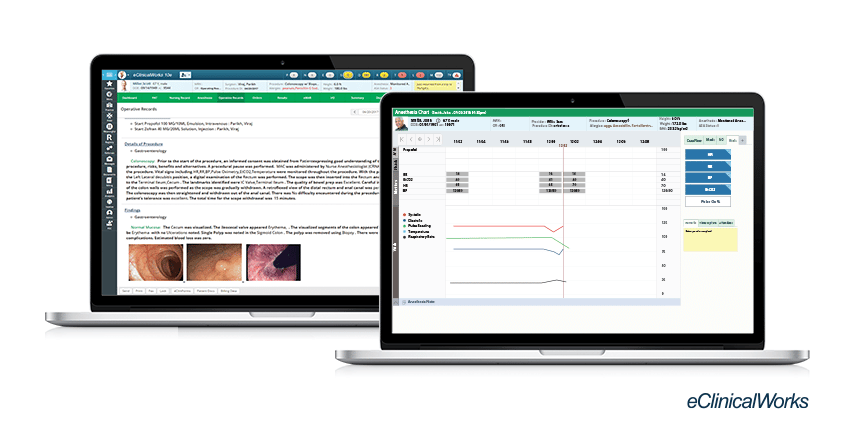3 Ways to Prepare for the Future of ASCs
- 20 May 2019
- Blog
eClinicalWorks
The first Ambulatory Surgery Center was opened in 1970 in Phoenix, Arizona, by Dr. Wallace Reed and Dr. John Ford, two doctors who believed they could provide a high-quality, cost-effective alternative to the hospital.
The nearly 50 years since have shown how visionary those two doctors were. As of April 2019, the ASCA puts the number of Medicare-certified ASCs nationwide at nearly 6,000!
As ASCs continue to grow in surgical volume, total billing, and popularity among consumers, how can they best prepare for the future?
1. Be Prepared for Further Growth
An April 2018 report in Becker’s Hospital Review notes that ASC surgical volume grew 10% between 2015 and 2016 in 46 of the 50 largest U.S. markets. The report states: “The hospital-based ASC segment is expected to hit $69.7 billion by 2027, and multispecialty ASCs are expected to dominate, reaching $76.8 billion over the next decade.”
That means healthcare organizations and leaders must think carefully about the range of services they offer, be prepared to adapt to market conditions, and keep their healthcare IT needs in mind as they plan.
2. Focus on Efficiency and Controlling Costs
“If just half of the eligible surgical procedures moved from hospital outpatient departments to ASCs, Medicare would save an additional $2.4 billion a year or $24 billion over the next 10 years,” the ASCA’s 2011 report projected.
Numerous studies over the last eight years confirm that ASCs are indeed delivering value. To maintain quality in the face of lower reimbursements means ASCs must have an effective Revenue Cycle Management solution in place.
“Slowed reimbursement and tighter regulations means ASCs will have to work smarter, not harder,” Amy Mowles, president and CEO of Mowles Medical Management, predicted in 2011. That advice remains valid today.
3. Create an Outstanding Patient Experience
Although it may seem obvious when one examines growth trends, it remains vitally important for practices to focus on the main driver of the popularity of ASCs — consumer choice.
As consumers continue to exercise greater choice in how and where they receive care, providers will be obligated to respond. Doing so means having the right healthcare IT tools to track those patients following discharge and as they move among care settings. That means focusing on interoperability so that providers have a complete record of each patient’s care whenever and wherever they see them.

Preparation, cost control, and creating an outstanding patient experience are key areas for ASCs to consider. Given the complexity of healthcare, one concept summarizes them all — flexibility.
The industry-leading products and services that eClinicalWorks offers are built upon innovation and flexibility, designed to meet both current and emerging needs in healthcare.
Visit us at booth #5111 at Digestive Disease Week® 2019 in San Diego, May 18-21 to learn more about our comprehensive EHR/PM solution for GI practices, including integration with the GIQuIC Registry, and integration with continuous vital sign monitoring devices, pathology labs, and scopes.
We also offer tools for Ambulatory Surgery Centers, including faster documentation, scheduling of ORs and procedures rooms, Preference Cards, integrated inventory management, and more.
Visit www.eclinicalworks.com/asc anytime for complete details.








